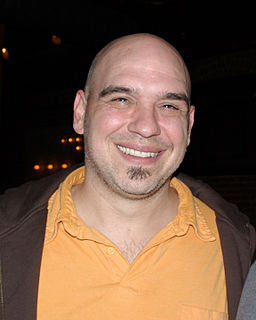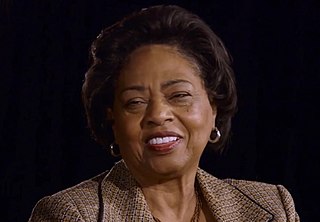A Quote by Alex Guarnaschelli
The better the ingredients, the more farmers I can buy from, the closer I feel to the food I want to make that represents what I care about as a chef.
Related Quotes
Chefs hate desserts. The smartest thing a chef can do is hire a great pastry chef. Cooking savory food is all about feel - you season something, you taste it, you go back in and adjust, more butter, more olive oil, more acid, whatever you want to get it to taste the way you want. Pastries are like a science project. To me, the greatest chefs are the ones who have the greatest feel for food, while the greatest pastry chefs have to be people that are extremely precise.
Go to the farmers market and buy food there. You'll get something that's delicious. It's discouraging that this seems like such an elitist thing. It's not. It's just that we have to pay the real cost of food. People have to understand that cheap food has been subsidized. We have to realize that it's important to pay farmers up front, because they are taking care of the land.
If there was ever a food that had politics behind it, it is soul food. Soul food became a symbol of the black power movement in the late 1960s. Chef Marcus Samuelsson, with his soul food restaurant Red Rooster in Harlem, is very clear about what soul food represents. It is a food of memory, a food of labor.
You do need some dispensation for local farmers, because the fast food industry will promote the unsanitary conditions of farming. With vegetables, you have to be careful where they come from; you have to know the farmers and trust them. If you buy from the farmers' market, it's already been investigated.
Weddings have become an expression not just of our desires but also our ambitions, and so more and more the food at weddings is like the food everywhere else, with the ingredients parsed for purity and the preparation praised for ingenuity and the sushi chef standing where the carving table used to be.
The traditional farm, the peanuts, the cotton, the corn, is probably not the thing to do, because you're up against big farmers who can afford all the equipment to grow those kinds of crops. But we need healthy food. We're being encouraged to eat more vegetables. Our school systems are being encouraged to buy locally. So, we need farmers who can produce that food.
We have to understand that we want to pay the farmers the real price for the food that they produce. It won't ever be cheap to buy real food. But it can be affordable. It's really something that we need to understand. It's the kind of work that it takes to grow food. We don't understand that piece of it.
I would imagine, a very large percentage of people who get something for art and they do something else, and they have some excess resources. And they trade those resources with artists whose work makes them feel good, or feel better, or question. And the artist, if they're smart, they use it to buy the most expensive thing in the world: time to make more. The more that come, the better it is for these people, their children, the people they care about, fills the society with a real constant thing.
I'm obviously very hippie-like, and I'm always in a different city and town and country, and I thought, 'Why is it that the big food chains are always so promoted? I want the whole ingredients. I don't want preservatives. I want what this town and these farmers produce and see how their chefs create.'



































